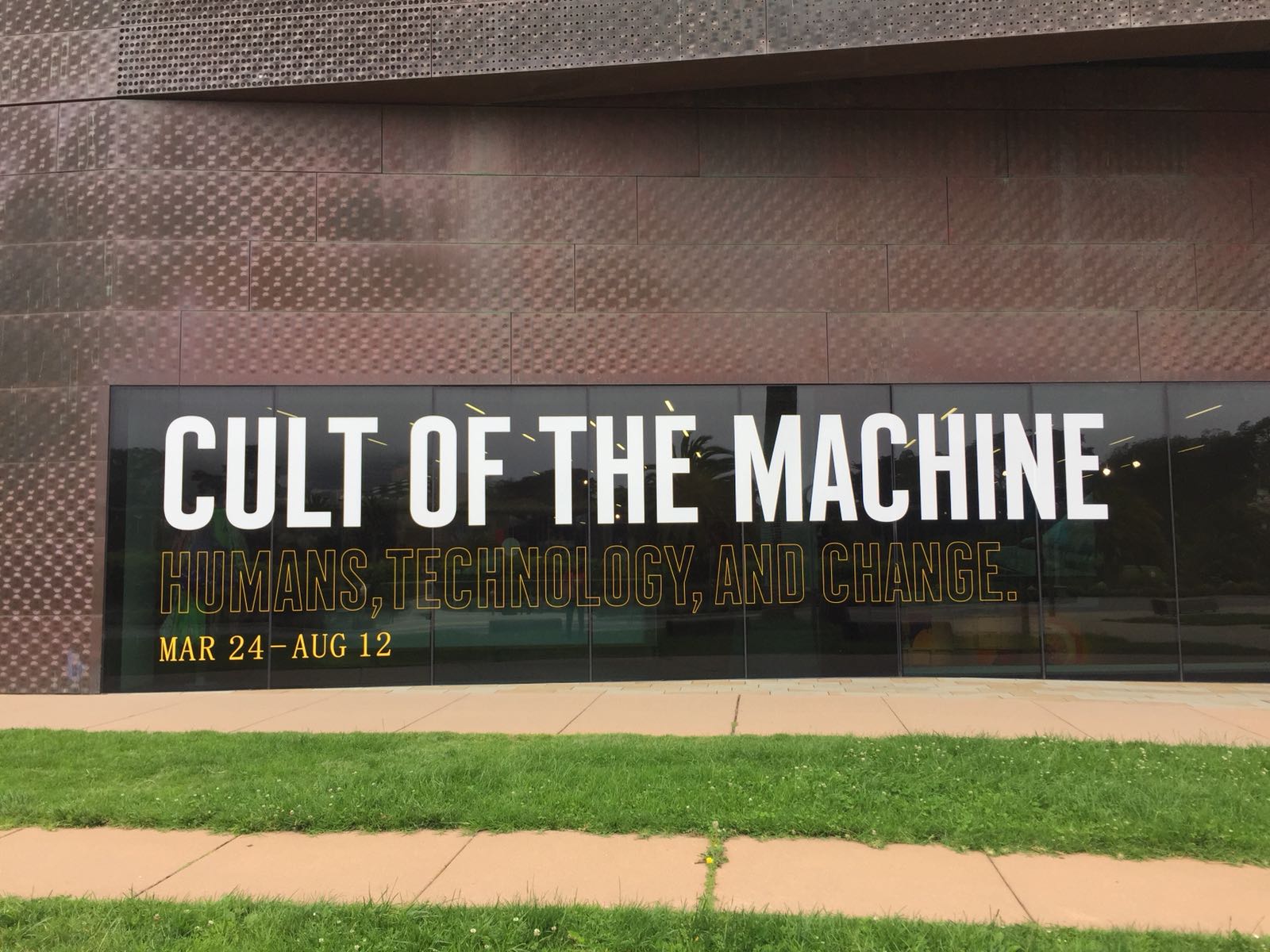Not Everyone Will See Your Vision. It’s Ok — Keep Going.
During her Super Woman episode, Boz discussed why she made the transition from Apple to Uber. It’s simple: As a marketing and brand expert, she was confident in her abilities to turn things around for Uber during the height of the 2017 #DeleteUber campaign that went viral on the Twitterverse. If you’ll remember, Uber came out looking less than ideal after what seemed like the company’s tactic to implement surge pricing at JFK airport shortly after the current Administration issued an executive order banning entry of refugees and immigrants from certain countries. Within a week, 500,000 users deleted their accounts in protest.
Boz reached out to and leveraged her impressive network to kick off brand campaigns to humanize Uber. NBA star and Hollywood producer LeBron James got involved. When James got entangled in a spat with Trump, Boz identified an opportunity for Uber to leverage its new partnership and push a campaign. She quickly found that a mix of internal politics and Uber’s complex relationship with its users proved too challenging and not an easy fix as initially anticipated. Uber leadership chose to not move forward with her proposal.
Admittedly, I don’t have insights into Uber’s business strategy. Presently, it seems people want the brands they use and love to take a stand on issues that impact their communities and society at large. For instance, Nike sales increased by 31% immediately after launching its somewhat controversial Kapernick campaign. With this lens, it seemed reasonable for Uber — a brand in crisis — to try a new direction (assuming it’d weighed its options).
Boz explained she saw Uber’s mission as ultimately connecting people while en route to their destinations. Taking this broader view on its brand could have been beneficial. However, like many startups and tech companies, Uber chose to play it safe. It appears leadership missed the larger vision and the potential for what could have been a significant opportunity.
What to Do: Like Boz, you’ll have ideas. But, some in your organization may not see your vision. If that’s the case, it may not be worth the fight. Accept it, but don’t stop there. Chances are the problem you are trying to solve isn’t necessarily unique to your organization. Think broadly and figure out if and how your solution can be applied in different contexts (no need to waste ideas because some people aren’t on board). Continue to be you, keep thinking out of the box, and come up with big and bold ideas. Document these ideas as you go. At least one will stick eventually.
If People Don’t Value Your Worth, Move on — Quickly. Be Resilient.
Uber brought in Boz to leverage her expertise to revamp its brand. Bottom line: She faced hurdles, her ideas weren’t championed, and she moved on after a year. This is a common experience in the workplace, particularly for black women — many of whom rarely even make it to the C-Suite like Boz.
According to the a Harvard Business Review 2018 study, “Among the leaders of Fortune 500 companies, for example, just 32 are women; with the recent departure of Ken Chenault from American Express, just three are African-American; and not one is an African- American woman.” One reason why black women aren’t in corporate leadership roles? The study indicates its attributable to a lack of “equal access to opportunities for growth” for everyone. The report explains that black women experience derailment, plateauing, and off-ramping twice as much in corporate America (oh hi, intersectionality).
It also found that for black women, resiliency is key for those who do ascend the corporate ladder. For those who choose not to or simply can’t navigate corporate America’s obstacles, they parlay their talents into entrepreneurship. According to the American Express 2018 State of Women-Owned Businesses report , from 2007 to 2018 [in the U.S.], firms owned by black women grew rapidly at 164%.
What to Do: Many people are experiencing similar challenges. Regardless of whether you’re a seasoned professional with an extensive track record,or just starting out in your career, it’s time to re-evaluate where you’re headed. Create a strategy. Identify new opportunities for growth and leverage your network. Often times, we think we need to network up, but networking horizontally across our peers could be more fruitful. Know your worth. Take your talents, network, and ideas where they will be valued, supported, and used to make an impact. And if it’s not within corporate America, use your talents, resources, intuition, and skill to build for yourself.
Bringing It All Together
To be a badass In 2019, put simply — celebrate you. Stay true to your vision and ideas, even if they are not supported in one context. Consider other venues to cultivate your ideas. Ultimately, don’t be afraid to change your environment. Be resilient.






